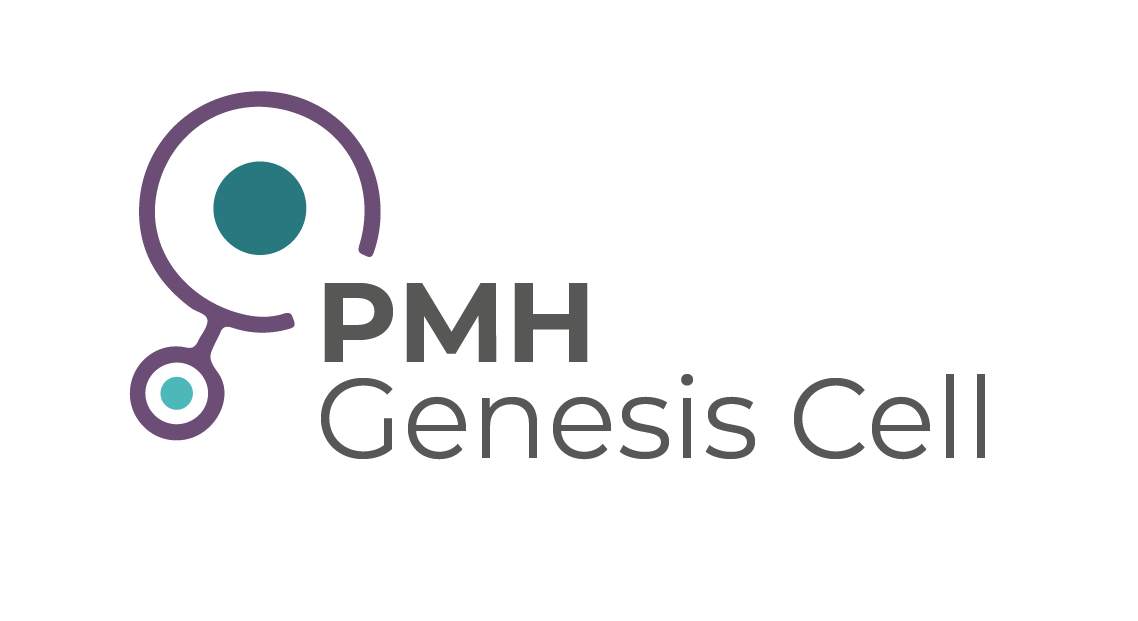Abstract
Autism and autism spectrum disorders (ASDs) are complex neurodevelopmental disorders.
ASDs are clinically defined by deficits in communication, social skills, and repetitive and/or restrictive interests and behaviours.
With the prevalence rates for ASDs rapidly increasing, the need for effective therapies for autism is a priority for biomedical research. Currently available medications do not target the core symptoms, can have markedly adverse side-effects, and are mainly palliative for negative behaviours.
The development of molecular and regenerative interventions is progressing rapidly, and medicine holds great expectations for stem cell therapies.
Cells could be designed to target the observed molecular mechanisms of ASDs, that is, abnormal neurotransmitter regulation, activated microglia, mitochondrial dysfunction, blood-brain barrier disruptions, and chronic intestinal inflammation.
Presently, the paracrine, secretome, and immunomodulatory effects of stem cells would appear to be the likely mechanisms of application for ASD therapeutics.
This review will focus on the potential use of the various types of stem cells: embryonic, induced pluripotential, fetal, and adult stem cells as targets for ASD therapeutics.


